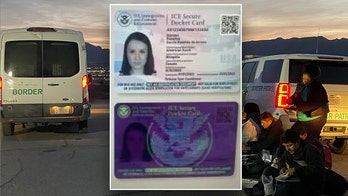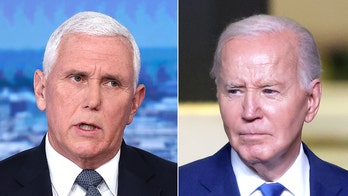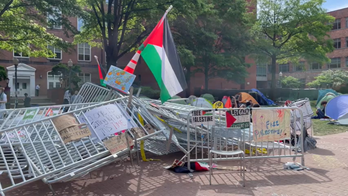Ties between U.S. and Pakistani intelligence agencies have deteriorated sharply in recent months, compromising cooperation on a range of critical counter-terrorism efforts, including U.S. drone strikes targeting top militant leaders, current and former officials say.
Some U.S. officials describe relations between the two spy agencies as the worst since the Sept. 11, 2001 attacks. One senior official said the tensions have cost the U.S. the chance to strike at some senior terrorists in the region.
The state of relations, while never perfect, is now alarming counter-terrorism and military officials, who say close cooperation between the Central Intelligence Agency and Pakistan's Inter-Services Intelligence is essential to the campaign against al Qaeda and the war against the Taliban and its allies in Afghanistan.
Behind the falling out is a series of controversial incidents starting late last year, which prompted tit-for-tat accusations that burst into the open with the December outing of the CIA's station chief in Islamabad.
More recently, tensions have risen to new highs over Pakistan's detention of former Special Forces soldier Raymond Davis, a U.S. government contractor in the city of Lahore, for killing two Pakistanis in disputed circumstances. A Pakistani court Thursday ruled to delay by three weeks a hearing on whether Mr. Davis is covered by diplomatic immunity.
Earlier this week, President Barack Obama urged Pakistan to honor a 1961 treaty on diplomatic immunity to which both Pakistan and the U.S are signatories. Pakistan's central government faces public pressure from Islamist and student groups not to release Mr. Davis, who shot dead the two men on Jan. 27 in the center of Lahore, Pakistan's second-largest city. Mr. Davis has said the men were trying to rob him at gunpoint.
Click here for more on this story from The Wall Street Journal.




